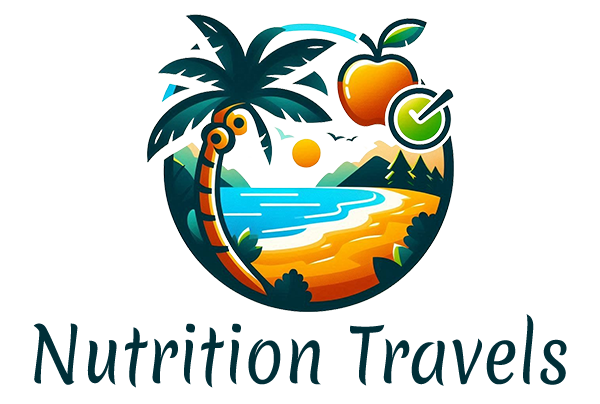Vegetarian beginner mistakes are very common, especially among those who switch to this lifestyle without proper guidance. Although the vegetarian diet is one of the fastest-growing nutrition trends worldwide, offering major health and environmental benefits, beginners often fall into simple errors that may harm their health instead of improving it. In this article, we’ll highlight 7 common vegetarian beginner mistakes and provide practical tips to help you build a balanced, healthy vegetarian lifestyle.
In this article, we’ll explore the 7 most common mistakes beginners in vegetarianism make and share simple, practical tips to help you stay healthy, motivated, and on track.

1. Over-reliance on Processed Foods:
Many beginners assume that any food labeled “Vegetarian” or “Vegan” is automatically healthy. In reality, plant-based processed foods such as veggie burgers or vegan sausages are often loaded with saturated fats, sodium, and preservatives.
How to Avoid It:
- Make whole foods the foundation of your diet: vegetables, whole grains, fruits, and legumes.
- Prepare your own meals at home to ensure healthier ingredients.
2. Neglecting Protein:
Protein is the cornerstone of muscle building and overall health. Some new vegetarians rely too heavily on vegetables and fruits alone, which can lead to protein deficiency.
How to Avoid It:
- Include protein-rich plant sources such as lentils, beans, chickpeas, quinoa, soy, and nuts.
- Distribute protein across all three main meals rather than relying on a single one.
- Combine different plant-based protein sources to maximize nutritional value.

3. Vitamin B12 Deficiency:
Vitamin B12 is essential for red blood cell production and nervous system health. Since natural sources of B12 are primarily found in animal products, vegetarians often face deficiencies.
How to Avoid It:
- Take B12 supplements after consulting your doctor.
- Monitor your blood levels of B12 regularly.
4. Ignoring Iron, Zinc, and Calcium:
Relying solely on fruits and vegetables may lead to deficiencies in essential minerals like iron (for blood health), calcium (for bones and teeth), and zinc (for immunity).
How to Avoid It:
- Iron: Get it from lentils, spinach, beans, and seeds, and pair it with vitamin C-rich foods (like oranges) to boost absorption.
- Calcium: Found in dark leafy greens, almonds, and fortified plant-based milk.
- Zinc: Available in legumes, seeds, and nuts.

5. Excessive Carbohydrates:
Some vegetarians load up on bread, pasta, and potatoes, which can lead to weight gain and fatigue.
How to Avoid It:
- Choose complex carbs (whole grains like oats, quinoa, brown rice) instead of refined ones.
- Maintain balance by including protein and healthy fats with carbs.
- Limit sweets and baked goods, even if labeled “vegan”.
6. Lack of Meal Planning:
Starting a vegetarian diet without a clear plan often results in poor nutrition, boredom, or reverting to old eating habits.
How to Avoid It:
- Create a weekly meal plan to ensure variety.
- Use apps or vegetarian recipe books for inspiration.
- Meal prep in advance to make sticking to your diet easier.

7. Avoiding Professional Guidance:
Many people switch to vegetarianism without proper knowledge, which may cause health issues over time.
How to Avoid It:
- Consult a nutritionist before starting or at least during the early stages.
- Get regular blood tests to track vitamin and mineral levels.
Extra Tips for a Successful Vegetarian Journey:
1- Include colorful foods in your diet—each color offers unique health benefits.
2- Don’t forget healthy fats from sources like avocados, olive oil, and flaxseeds.
3- Stay flexible: think of vegetarianism as a lifestyle, not a restriction.
4- Drink plenty of water to support digestive health.

Adopting a vegetarian lifestyle is a wonderful step toward better health and sustainability, but it requires knowledge and planning to avoid common mistakes. Focusing on natural whole foods, paying attention to protein, vitamins, and minerals, and planning your meals properly will make your journey smoother and more successful.
At Nutrition Travels, we provide reliable information and practical tips to help you embrace vegetarianism with confidence, offering guides and resources that support your health and make your lifestyle more balanced and vibrant.





